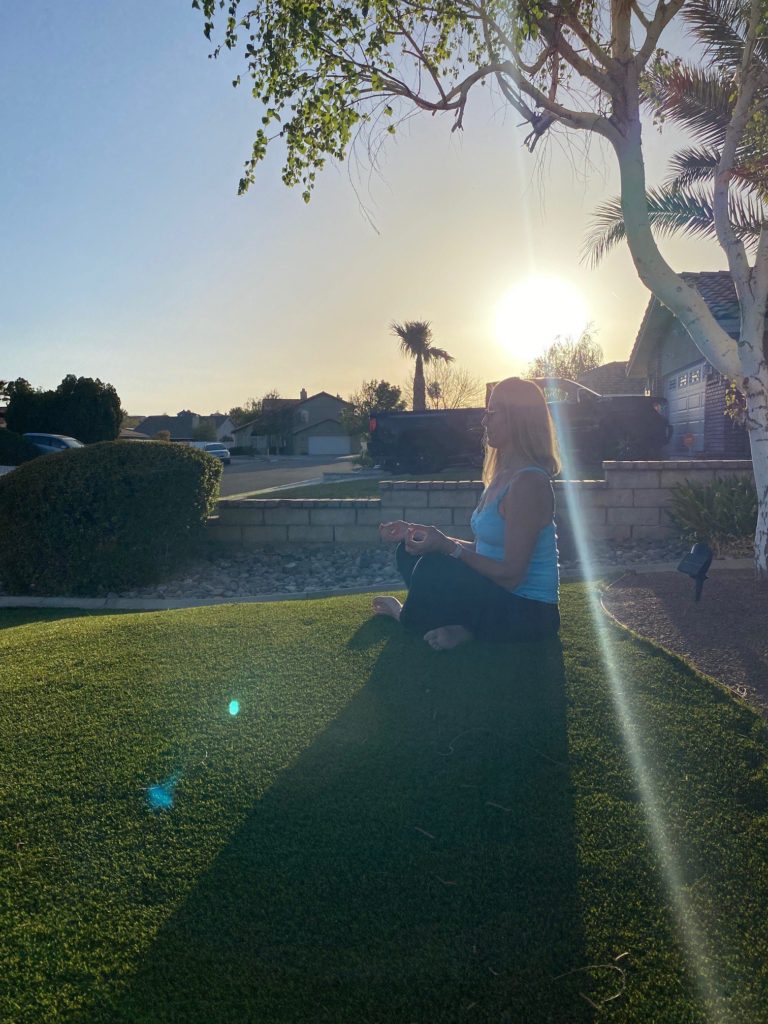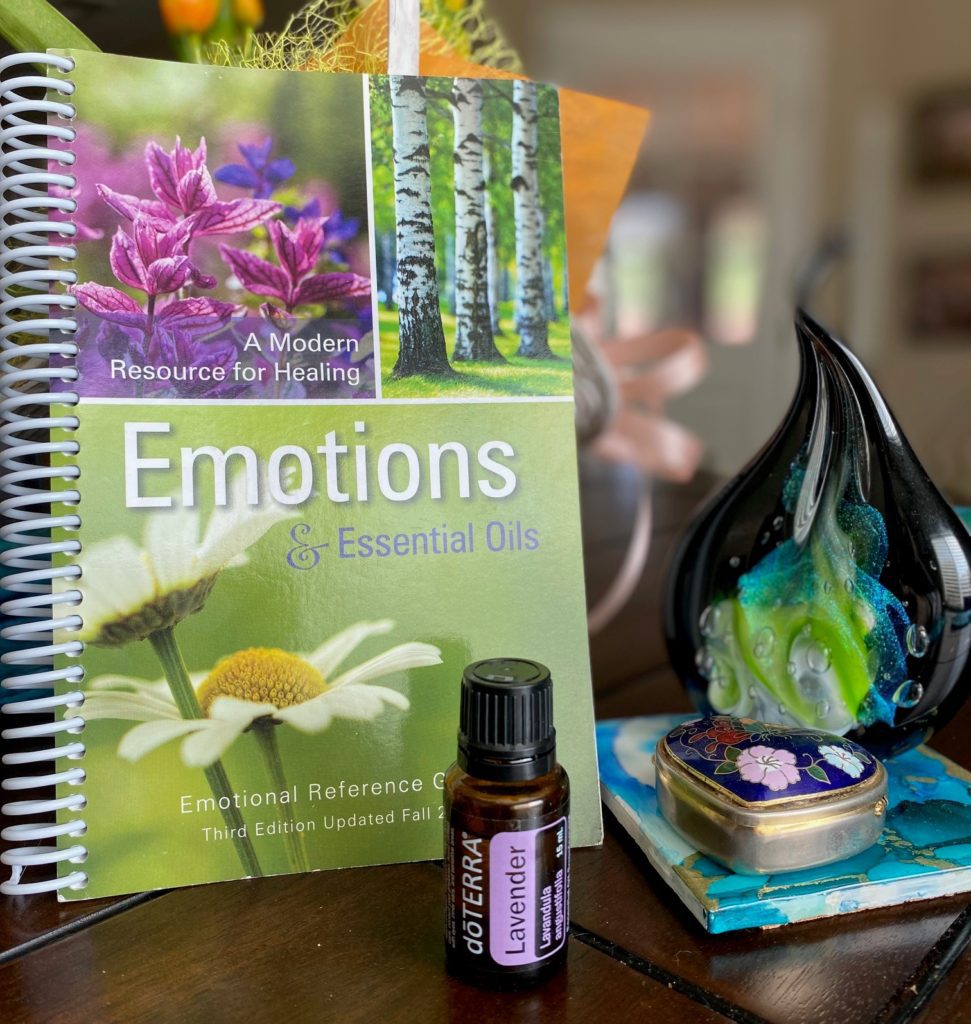Practice Feeling Relaxed in Stressful Situations

If you haven’t noticed, stress is everywhere. It affects everyone. However, there are some who seem to
take stressful situations in stride. These people handle all situations with tranquility.
Most of us know at least one person like that. Many of us would like to become one of
those people. The only way to evolve into that person is to practice feeling relaxed in stressful situations.
While everyone has a different threshold for dealing with stress, it is possible to
improve your personal ability to stay relaxed in stressful situations.
Practice Controlling your reactions to stress with these strategies:
Maintain a positive perspective
In most cases, you are equipped to handle any adversity that comes your way.
There’s always another job interview, another person to date, and another opportunity to take.
Create an alter ego
Imagine the ideal version of yourself. In your mind’s eye, see this person being
being brave, tough, unflappable, or possessing any other quality that increases your ability to stay strong and confident.
When faced with a stressful situation or confrontation, imagine how your ideal self would
behave in that situation and just do it! Fake it until you make it!
With practice and repetition, you will become more and more like the ideal version of yourself that you imagine and admire.
Respond slowly
Cool and collected people respond slowly. They move slowly. They think before speaking.
Before getting worked up, take a couple of breaths to collect your thoughts. Then you will be able to respond to the person or situation calmly and confidently. Taking time to breathe, think, and then respond often prevents creating additional stress to manage.
You’ll feel more confident and experience less stress when you behave in the way a calm, confident person behaves.
Self-confidence
This is a difficult one. Or, should I say, this is a difficult one for me? In any case, the more confidence you have in yourself, the less stress you will feel in critical and stressful situations.
Self-confidence is very situational. You might be highly self-confident
while hitting a golf ball, but much less confident while giving a speech.
When working on building your self-confidence, visualize yourself in situations
that you feel most comfortable in. Seeing yourself in these ideal situations will provide the most benefit for improving your areas of difficulty.
Smile
Smiling releases happy hormones, making you feel better and more confident. It actually takes fewer facial muscles to smile than it does to frown, or scowl. Additionally, a sincere smile can put others
at ease. If you can smile genuinely in the face of a challenging situation, you can
do just about anything.
Visualize
One of the easiest and most effective ways to enhance your ability
to stay calm in stressful situations is to visualize yourself being calm. Picture your alter-ego in a stressful situation and practice the techniques and qualities you want to display.
Visualization techniques work better if you practice regularly. Practicing at least once a day is preferable.
Practice having a present-moment mindset
Having a present-moment mind set helps to keep your mind from imagining negative potential outcomes. All it takes is to keep your attention on your environment. Being present in the moment is critical for decreasing the stress of “what-if”.
This is harder than it sounds. Imagine trying to put your house key into
your front door while a giant rottweiler barrels toward you. It’s not easy
to keep your eyes on the keyhole. Your mind and attention like to wander.
Relax your body and breathe deeply
Closing your mouth, relaxing your muscles, and breathing deeply through your nose helps diminish the stress response in your body. Focus on breathing into your diaphragm muscle. Using the proper respiratory muscles to breathe is calming. However, breathing with your chest and an open mouth tells your brain that you are in distress, as if running from something that wants to eat you for dinner. Mask with the Molecule of the Year (1992)
Breathing properly is a skill that requires practice. First, you have to remember to do it.
Second, it takes a moment to find your focus. Finally, you must get mind on your breathing
muscles and away from the source of dismay. So, you’ll need to leave the current situation behind for a
moment while you implement effective breathing techniques.
Use essential oils to support your emotions

When entering difficult or stressful situations, the use of essential oils can assist with communication or maintaining composure. Essential oils not only support physical health they also support emotional health. For example, Lavendar supports the body’s physical reaction to cuts, scrapes, bee stings, and sleeplessness. It also assists an emotional level, supporting one’s ability to use their voice more freely, efficiently, and effectively. www.mydoterra.com/denisekuhn
Conclusion
Many of the techniques one should practice to enable feeling relaxed in stressful situations seem simple. Now, you are aware of a few that you may not have used before. However, knowing something is very different from doing it, and doing it well. For example, you know how to swim, but that’s not the same as swimming laps every day. Knowing how to visualize isn’t the same as visualizing every single day.
The real power comes from using helpful techniques regularly and becoming an expert in their application.
Apply these practices to your life and you’ll see steady progress in your ability to handle
stress. Before you know it, you’ll be the calm person you’ve always dreamed of being.

